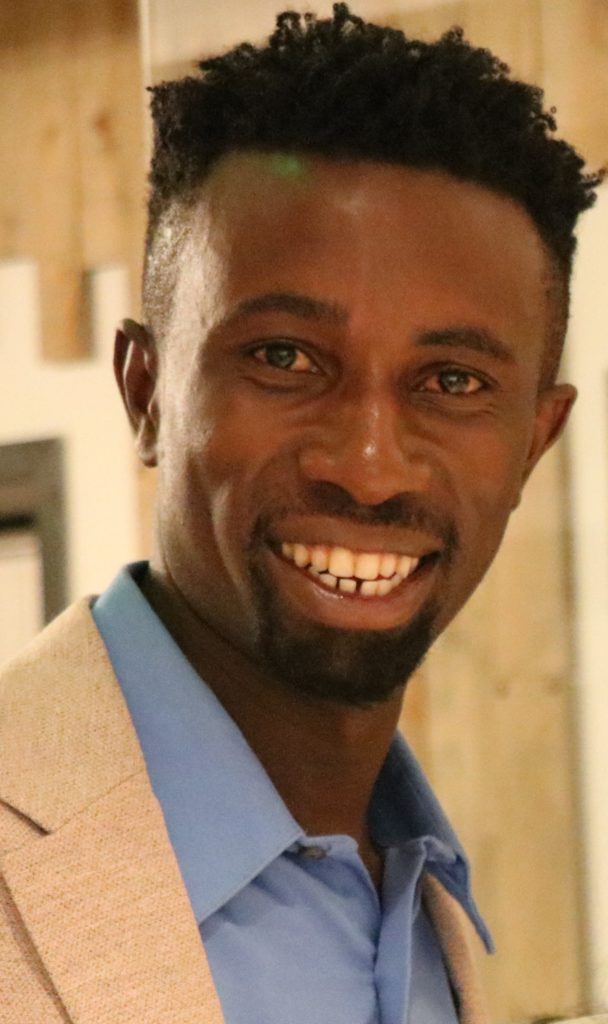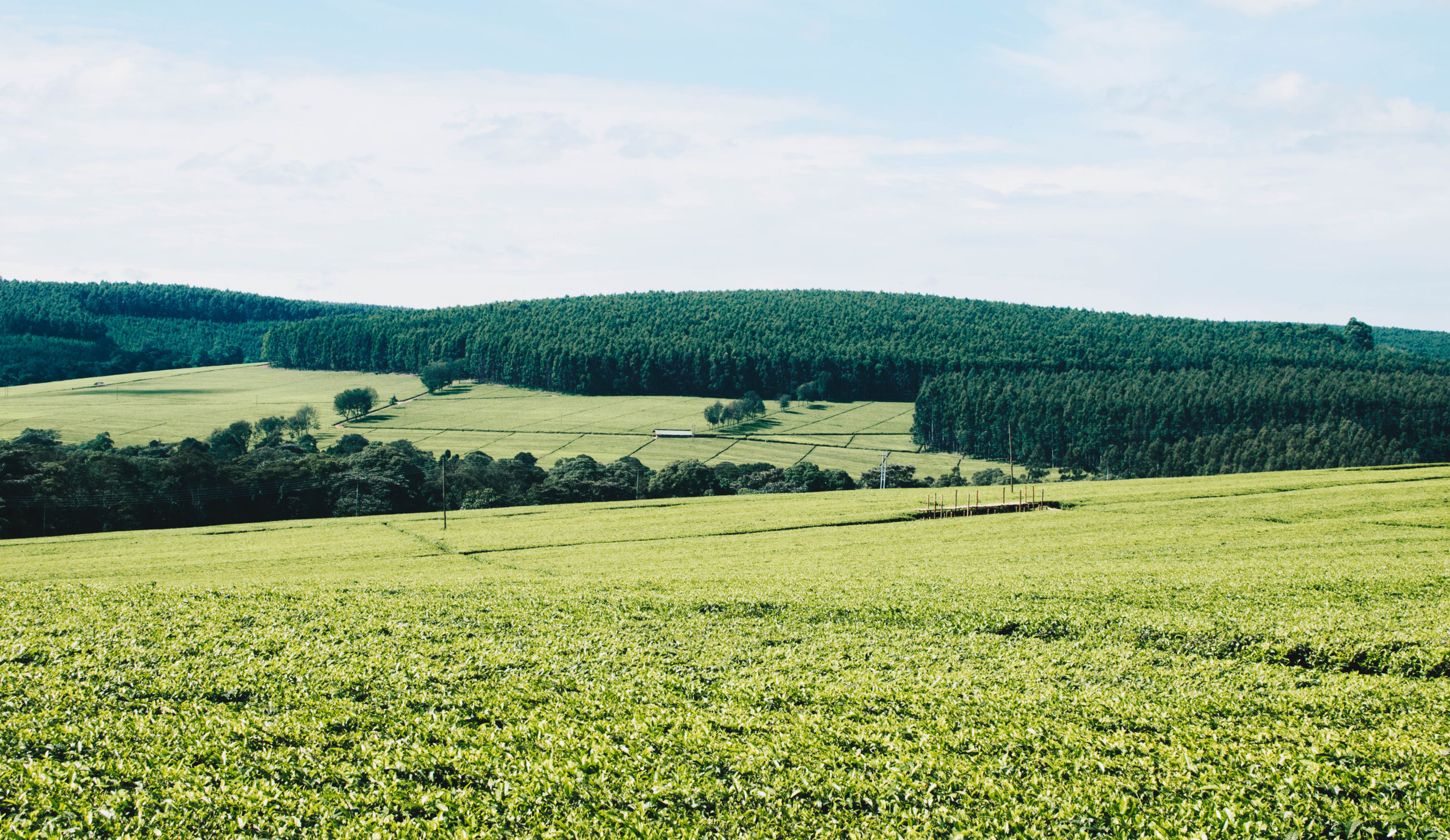By Atula Owade
One of the benefits that has been brought about by the internet is that it has greatly liberalized education. If one is inclined towards getting an education on literally any subject, they are highly likely to find the content they need online.
The vast web is rich with all manner of programs in many fields of interest. For me, agriculture is that field, as I am a trained agricultural engineer. I graduated in July of last year from the Jomo Kenyatta University of Agriculture and Technology in Kenya. A month later, I started seeking an online short course to help increase the scope of my knowledge in the field.
There were three reasons why I sought such a course so soon after completing my formal studies. To begin with, I genuinely enjoy learning and take advantage of any opportunity to do so. I also wanted to supplement what I learned at the university with new knowledge on the rapidly changing face of agriculture. Furthermore, I was seeking new sources of inspiration for my blog and thought that an online program would be the best place to start.
I headed straight to edX.org, which I had previously used to take online courses, and discovered Feeding a Hungry Planet: Agriculture, Nutrition and Sustainability by the SDG Academy while looking for agriculture-focused programs. After a quick evaluation of the syllabus, I concluded that this was exactly what I wanted. I found this program suitable for a number of reasons. I will mention three.
Firstly, the course syllabus fulfilled my professional aspirations. As a recent graduate, I have very little experience in the real world, and hence need guidance as I start practicing. The seven modules cover an array of topics that provide the guidance I was looking for. I was also drawn by the fact that this content would be delivered by respected professionals with decades of experience in the agricultural field.
These professionals include: Achim Dobermann, former Director and Chief Executive of the UK’s Rothamsted Research (currently Chief Scientist at the International Fertilizer Association); Jessica Fanzo, Distinguished Associate Professor of Ethics and Global Food and Agriculture at Johns Hopkins University in the United States; and Ken Giller, a professor of Plant Production Systems at Wageningen University & Research in the Netherlands.
Although I was already familiar with most of the concepts, especially those touching on soil and water conservation, the instructors opened my eyes to new approaches in the sustainable intensification of agricultural systems. A case in point is the genetic intensification of rice so as to make its production more sustainable amid rising global demands. Coming from an engineering background, gaining knowledge on such items has been quite an enriching experience.
The instructors illustrate the various challenges facing global agriculture, such as an exponential rise in food demand, environmental degradation, and other topics. Beyond that, the instructors propose a range of solutions for sustainable intensification of agriculture to feed a hungry planet.
One such solution is the use of insects for animal feed, something I recently started implementing via a black soldier fly larvae production farm. Our farm’s research on insect rearing had been going on for almost a year by the time I started the online course. We intended to market our products to manufacturers of animal feed; however, the course places a strong emphasis on the role of smallholders in sustainable agriculture. This influenced us to tweak our marketing approach to, at least initially, target smallholders who mix their own feeds.
The second reason this program appealed to me is that its structure suited my approach to writing. I am an author and run a blog in which I primarily publish articles on agricultural matters. I had taken a hiatus from publishing for the first 6 months of 2019 to concentrate on the last semester of my schooling. Afterwards, I wanted to go back to writing but had no idea where to begin. After reading through the structure of the SDG Academy’s course, I knew it would be the most suitable source of material to start with.
I found the structure suitable for my literary intentions because it focused on certain case studies to illustrate issues and propose potential solutions. These included rice, livestock, and smallholder farming. This was advantageous as it would allow me to share with my audience what I was learning via a series of blogs concentrating on one particular case study. I chose to use the case study on rice and, out of the 10 blogs I wrote about the course, more than half talked about this vital crop.
I started off the series by reflecting on how, in Kenya, the social value and consumption patterns of rice have evolved from my father’s generation (born 1957) to mine (born 1993). Many Kenyans, especially men, of my father’s generation do not consider rice to be proper food, and therefore consume very little of it. Those of my generation, especially urban dwellers, largely do not have such reservations. This cultural shift is a contributing factor in the exponential rise in rice consumption.
Afterwards, I wrote a set of blogs which concentrated on how biotechnological approaches were being used to improve the rice genome across the world. I explained how such genetic intensification would help in sustainably meeting rising food demands contributed to by cultural shifts, such as is the case in Kenya.
The third reason why I chose this particular course is because it is self-paced. When looking for an appropriate program, I was already working at Kings Agricultural Services and sought one which I could conveniently fit around my work schedule. That is especially because my work involves constant travel around Kenya, mainly training farmers on various agricultural matters.
Progressing at my own pace has also given me the time to help adequately tweak some of our training manuals as a result of what I have learned from the program. These edits have placed greater emphasis on functional diversity and good agronomy in cropping systems. Furthermore, such flexibility has allowed me to write at a more natural pace, given that this is a creative process and stories take time to be fully fleshed out.
Earlier this year, I published the last article on rice and decided to take a sabbatical from writing. My experience with the course has been great, and I would encourage anyone seeking an online program in sustainable food and agriculture to consider signing up for the SDG Academy’s Feeding a Hungry Planet: Agriculture, Nutrition and Sustainability.
I have a feeling that it may help you achieve your professional or hobbyist goals, wherever you are in the world.

Atula Owade is an agricultural engineer based in Nairobi, Kenya. He also moonlights as a blogger on various agricultural matters and has contributed to UN Environment’s Global Environmental Outlook 6 for Youth. He was recently unveiled as one of the three winners in the CGIAR Digital Extension Services Blog Competition. Atula aspires to make positive contributions in the agricultural industry not only in his home country, but also around the world, and continuously seeks new knowledge through programs such as the SDG Academy’s Feeding a Hungry Planet online course.
